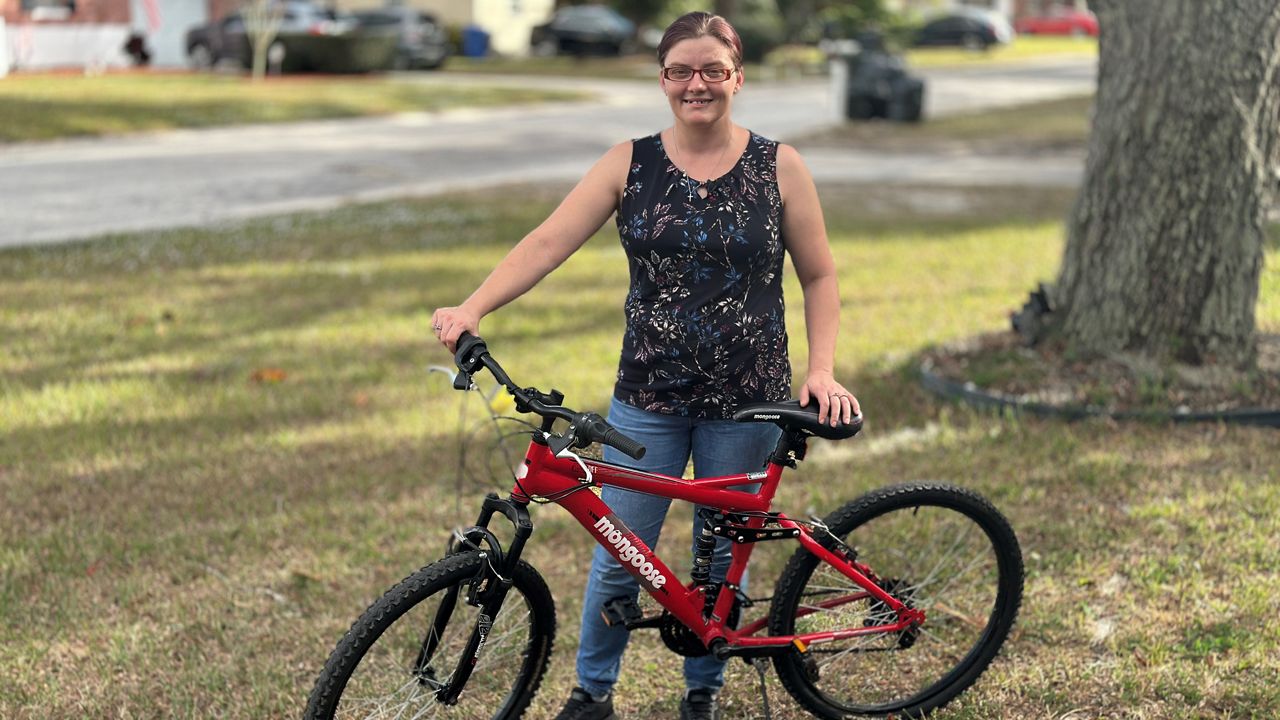FLORIDA — As congressional Democrats struggle to deliver on President Biden's proposal to create a pathway to citizenship for the nation's 11 million undocumented immigrants, some immigrants are taking matters into their own hands. Possessing the 'exceptional abilities' that qualify them to forego a years-long wait for a green card under the government's EB-2 immigrant visa preference category, they're leveraging their achievement of the American dream into American citizenship.
What You Need To Know
- Board game designer earned his pathway to citizenship through the government's EB-2 immigrant visa program
- Maxim Istomin was able to forego a years-long wait for a green card
- Istomin was born in Russia and immigrated to the U.S. in 2015
- He attended the Florida State University College of Law in the late 1990s
Maxim Istomin received his green card through the EB-2 program in 2019. Born in Russia, he spent his childhood designing board games. After taveling to the United States in the late 1990s to attend the Florida State University College of Law, Istomin returned home and built a successful company that localized board games for Russian audiences. In 2015, after selling his shares in the venture, he immigrated to the U.S. with his family.
His first task upon moving stateside was to establish a new company focused on producing proprietary board games for the U.S. market. His second task was to secure American citizenship, something he quickly learned was no easy feat.
"I got turned down. They said, 'no, you didn't prove to us that you're worthy', and then I repackaged, wrote some more letters, and they said, 'OK'. And I said, 'look, I'm already publishing games'. I showed them this game," Istomin said in an interview, displaying 'Ganesha', one of the board games he's designed that's proven popular with U.S. audiences.
Navigating the complex U.S. immigration process required hiring a skilled attorney, Istomin explained. Elizabeth Ricci of the Rambana & Ricci law firm suggested he apply for a green card under the EB-2 category. In 2019, after a not-insignificant amount of paperwork and negotiation with federal immigration authorities, it was issued.
Istomin says the experience helped enlighten his view of the immigration process. While calls for a pathway to citizenship for all immigrants are mounting in Washington, Istomin's take is more nuanced.
"You'd better figure out who is the person that you're talking about," he said. "Because, I mean, you don't just dump everybody, you know, somebody could be a Nobel prize winner, somebody could be, potentially, a criminal."
He may not have a Nobel prize, but he does have a passion that he hopes will allow him to become an American citizen within the next few years. Like one of Istomin's board games, the journey, more than the outcome, is what inspires him most.
"If you do have something that carries you forward, a reason to wake up every morning and to do stuff, then you feel much better as a person."









